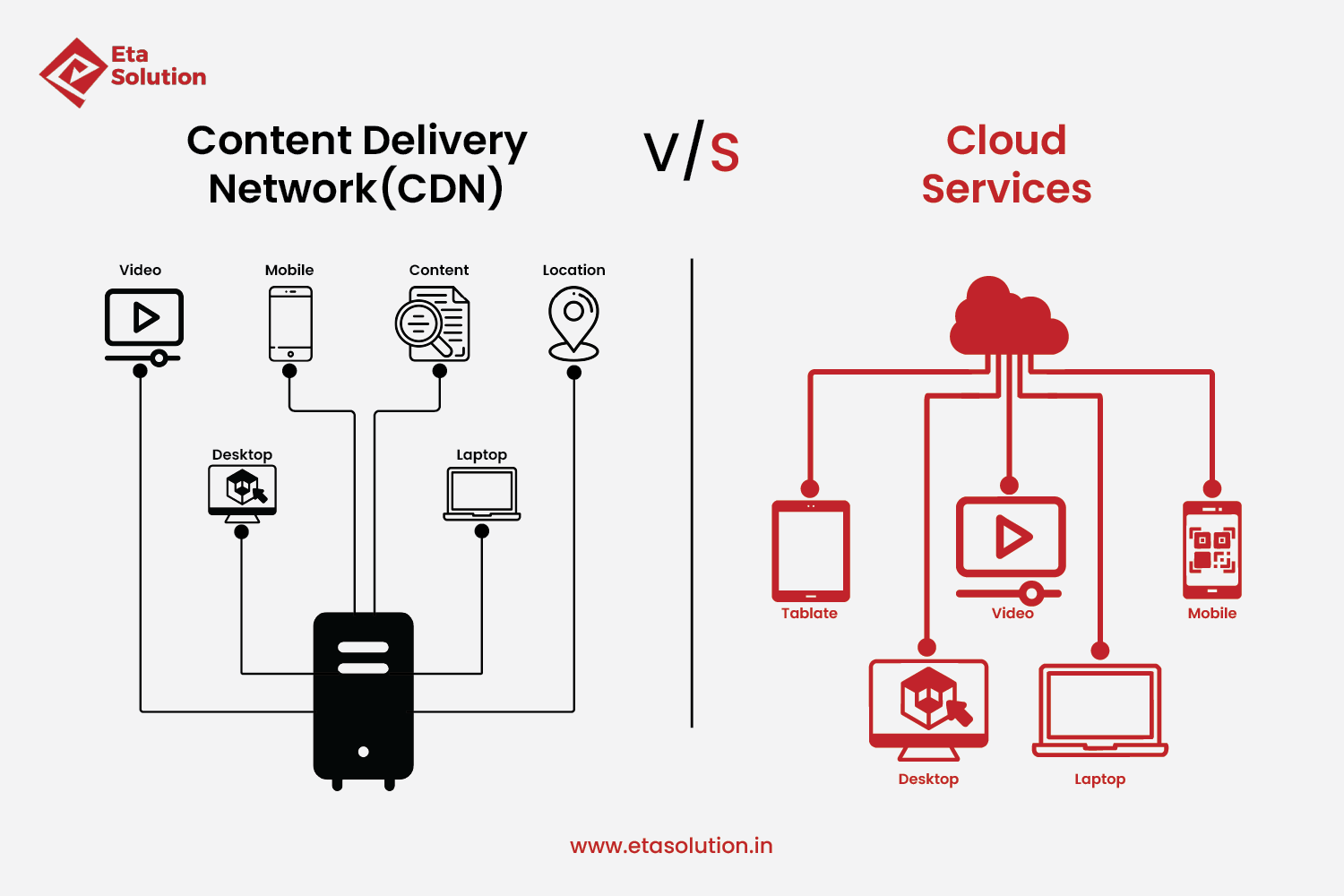
What is a CDN? A Complete Beginner’s Guide to Content Delivery Networks
The website of a user can be compared to a very busy airport that caters to customers from all around the world. In other words, visitors always expect that they will be able to access your content (videos, images, or texts) in a flash. However, if all the passengers were forced to go through one central hub, there would definitely be long waiting times. It is at this point that the Content Delivery Network or CDN, marks your airport expansion.
1. What is a CDN – Content Delivery Network?
A CDN is a network that is globally spread out and made up of interconnected servers. The main purpose of a CDN is to make web content available in the quickest, most convenient manner for the user. A CDN does not simply load all the content of a website from a single server; instead, it determines which server is closest to the user, and then serves that content from that server, reducing latency, or the speed that can improve the user’s experience. Essentially, a CDN operates as a connection between your origin server and your end-user, managing the flow of content and the reach of your site, while allowing your site to continue operating, even with an increased number of users.
2. How a CDN Works
CDNs place your site’s multiple cached copies on different network infrastructure and different locations around the globe. When a user wants to open a page, a CDN tries to verify the closest server from which the content can be delivered. For instance:
- The request is redirected to the nearest CDN server; thus, the data has to travel the shortest distance.
- The server offers the cached content, which is a method that lessens the load on the original server.
- The source of the dynamic content, such as log-in forms or shopping cart data, is the origin server.
This content distribution technique massively speeds up website loading time and page load optimization because the physical distance between the user and the server is minimized. For instance, a global CDN will be able to deliver to a visitor in New York the same content as that of a visitor in Tokyo, and both of them at the fastest possible time.
3. Types of CDNs
CDNs can be divided based on their purpose:
- Push CDN: Instead of uploading content automatically from the servers, it is done manually. This type of CDN is perfect for static content websites that rarely change. Consequently, the network ensures that content is instantly accessible everywhere without the need for the server to “pull” it.
- Pull CDN: Only when a request is made, servers retrieve an item from the original server; thus, less space is needed, but more complex caching strategies will be required.
- Peer-to-Peer CDN: The visitors’ devices are used to distribute the content among other visitors, which is the reason why this type of CDN is popular for streaming and big files. The bandwidth of the origin server is not overly used because of this.
- Private CDN: Internally managed by organizations, it opens up the possibility of complete control over hosting solutions and data security. Big companies with a lot of traffic or sensitive data usually opt for this kind of security system that guarantees safe websites.
4. Benefits of Using a CDN
Just to name a few, a CDN may not only increase the speed of your website but also:
- Fast loading website: With content being delivered from the closest server, visitors get minimum wait times, which, in turn, makes the bounce rates go down.
- Reduced bandwidth cost: A server cache limits the number of requests that are sent to the main server, hence the cost of the operation is lowered.
- Enhanced website safety: Besides other benefits, CDNs make it possible to have a defense against DDoS attacks, harmful bots, and they also provide SSL to protect the users’ data.
- More uptime: In the case of high demand for your server or an unexpected breakdown, CDNs avoid this kind of crisis by sharing the load across different servers.
- Better web performance: Quicker to load websites increases user satisfaction and, as a result, the SEO rankings of your site also get a boost, particularly in the case of mobile-first indexing.
In a study conducted by Akamai in 2024, the report states that sites using CDNs have seen a 50% reduction in loading time; thus, conversion rates rose by 20% Moreover, for an online business, volume and sales go hand in hand. Therefore, these figures directly relate to the company’s turnover.
5. CDN vs. Traditional Hosting
Traditional hosting is dependent on a single server or a limited number of servers. Such moments of traffic increase can turn the centralized system into a bottleneck, or users’ distance from the server can adversely affect the performance. Meanwhile, a CDN ties in multiple global CDN nodes that allow for stable performance regardless of the user’s location. Therefore, it is a vital difference for international businesses in delivering a frictionless digital experience.

6. How CDNs Improve Website Speed
CDNs improve speed through several means:
- Latency reduction: The nearest server delivers content, which removes the waiting time to a minimum.
- Compression: All assets except images and videos are compressed for smaller file sizes.
- Caching: Content that is requested often is temporarily cached on edge servers, so the source server has less load.
- Load balancing: Sharing the traffic fairly prevents the server from becoming overloaded, and therefore results in stable response times.
These enhancements not only give users a better experience but also affect income. Researches say that a delay of one second in page load can decrease conversions by 7% setting usage of web optimization a paramount factor.
7. CDN and Website Security
Apart from speeding up, CDNs also protect websites in the following ways:
- DDoS mitigation: The capacity of CDNs to take in and distribute harmful traffic makes it difficult for attackers to overwhelm the origin server with too much traffic.
- Secure content delivery: The use of SSL certificates guarantees that the data flow is encrypted.
- Threat monitoring: Several CDNs always keep an eye on the traffic, looking for suspicious behaviors and get ready to fight threats before they arrive at your site.
Cloudflare and Akamai’s security teams are saying loudly that a CDN is not simply a performance upgrade any longer, but one of the fundamental cybersecurity steps. It is a big mistake for companies that deal with sensitive user data to neglect the use of a CDN.
8. CDN for SEO: Impact on Rankings
One of the primary factors that affects website ratings is how quickly a site can load. In general, the employment of CDNs leads to shorter loading times of web pages, hence the ranking of the website by search engines will be positively influenced. The crucial benefits are:
- Loading pages faster enhances the user experience; therefore, the rate of bounce declines.
- A high performance level that is maintained even in different parts of the world assists better indexing.
- The website security that relies on SSL gives trust signals to the visitors, and consequently, the rankings get a positive influence.
The data from the industry indicates that sites that load within three seconds have 22% higher average visit durations and 15% more organic traffic.
9. Popular CDN Providers
Names of some of the global CDN providers that are most reliable:
- Akamai: Provides coverage of the entire world and the highly advanced security features that are most suitable for big enterprises.
- Cloudflare: Provides the features of speed and security, along with DDoS and web optimization tools.
- Amazon CloudFront: The scalability of this can be done easily with AWS, thus it is suitable for companies that have varied traffic volumes.
- Fastly: Identifies its real-time caching as the major feature, and this leads to success for the media streaming and dynamic websites department.
- StackPath: Is a low-cost, easy-to-use solution mainly designed for small and medium businesses that are primarily interested in the fast loading of their websites.
10. Setting Up a CDN for Your Website
The installation process of a CDN involves the planning of steps strategically:
- When the location of your audience and budget are known, pick the worldwide CDN provider.
- Only by modifying your DNS settings will you be able to redirect traffic via CDN servers.
- In order to fully leverage server caching, you must define caching rules that apply to both static and dynamic content.
- Test your website’s speed both prior to and post the deployment of the CDN.
- Go through the results and revise the caching methods accordingly.
The load time has been reduced in some cases by 40 percent, and CDN integration has positively impacted SEO, according to clients of the Best SEO Company in Ahmedabad.
11. Common CDN Issues & Solutions
CDNs are not without their power, but they still have to deal with some problems.
- Cache Invalidation: Old files may remain on the cache; the solution is to set up cache-control headers and expiration policies.
- Origin Server Errors: A misconfigured server at the origin can cause service interruption; the trick is to keep the servers stable and accessible.
- SSL Conflicts: The installation of more than one SSL certificate is often the source of errors; the solution is to have both the CDN and origin servers under one certificate.
- Locational Issues: Certain areas might have a lack of coverage; the recommendation is to go for providers with the most extensive network infrastructure.
Optimal performance will only come from careful and regular maintenance of the system.
12. Future of CDNs and Emerging Trends
CDNs are changing fast:
- Edge computing: The data processing near the end user makes real-time applications quicker and smoother; therefore, technology like AR/VR and gaming benefit from this.
- AI-driven caching: Predictive caching is one of the methods that can bring near-peak speeds even during peak hours since it provides preemptive performance needs of users.
- IoT integration: CDN networks are transforming to support connected devices rather than solely focusing on web performance optimization.
- Decentralized networks: The aim of the newly most talked about technologies is to strengthen the abilities and rapidness of content downloads through peer-to-peer-like methods.
The Web Performance Summit 2025 delegation stated that technology not utilizing CDN is outdated, as it can lead to the early fall of fast sector-dependent businesses.
Final Take
A CDN is not just a technical upgrade; it’s a smart move that provides you with a speedy website, better website security, and higher SEO results. Business owners, marketing professionals, and CEOs would be wise to consider a CDN solution when aiming for scalability and worldwide impact.
The immediate choice for website owners who care about site speed, security, and visibility is to come to terms with the Best SEO company in Ahmedabad like Eta Marketing Solutions will not only be your partner in strategy but also your CDN guide in planning, all the way through execution. Are you ready to serve your audience at breakneck speeds, or will your competitors leave you behind in the digital race?
CDNs are no longer simply things one could put on the list of nice-to-haves; rather, they now form the invisible infrastructure that is driving the future of the web, where the wins gained in web optimization are also those in competitive positioning.
Some well-known CDN providers include Cloudflare, Akamai, Amazon CloudFront, Google Cloud CDN, and Fastly.
Yes, CDNs enhance security by providing protection against DDoS attacks, data breaches, and malicious traffic through encryption and traffic filtering.
A CDN delivers static and dynamic content such as images, videos, CSS files, JavaScript, and even live streaming data.
Yes, a CDN can indirectly boost SEO by improving page load speed, which is a key ranking factor for search engines. Faster websites also lead to lower bounce rates and better user engagement.
Not every website needs a CDN, but it’s highly recommended for sites with global visitors, high traffic, or large media files. It ensures consistent performance for users worldwide.

What started as a passion for marketing years ago turned into a purposeful journey of helping businesses communicate in a way that truly connects. I’m Heta Dave, the Founder & CEO of Eta Marketing Solution! With a sharp focus on strategy and human-first marketing, I closely work with brands to help them stand out of the crowd and create something that lasts, not just in visibility, but in impact!

How User Intent Drives Modern Search Strategies

20 Marketing KPIs to Track & Improve in 2026


